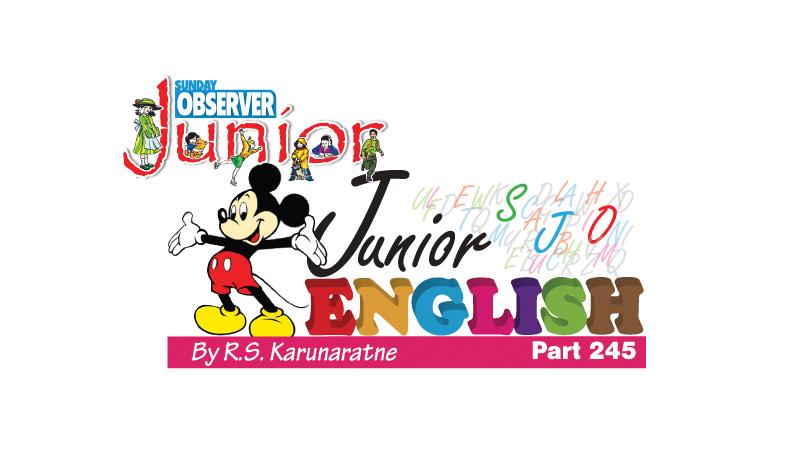
This is a guide to help learners to communicate easily in both speech and writing through a better understanding of the English language.
Object / objective
An object is a solid thing you can hold, touch or see, but that is not alive.
A spoon is an object.
The world ‘object’ also means ‘the purpose of a plan, action or activity.’
The object of the game is to improve children’s math skills.
In grammar an object is a noun or pronoun representing the person or thing that something is done to, for example, ‘the house’ in the sentence: We built the house.
An objective is something you have to achieve, especially in business or politics.
The degree program has two main objectives.
Oblique / obliquity
‘Oblique’ means ‘not expressed in a direct way.’
He made an oblique reference to his drinking problem.
In British English an oblique is a mark ( / ) used for writing fractions or for separating numbers, letters or words.
‘An oblique angle’ is one that is not 90 degrees.
The word ‘obliquity’ is used in a figurative sense meaning ‘moral delinquency or mental perversity.’
Oblivious / oblivion
‘Oblivious’ means ‘not knowing about or not noticing something that is happening around you.’
He seemed oblivious to the fact that he had hurt her feelings.
‘Oblivion’ means ‘when something is completely forgotten or no longer important.’
The loser’s name has been consigned to oblivion.
Obnoxious / noxious
‘Obnoxious’ means ‘very offensive, unpleasant or rude.’
That’s an obnoxious idea.
‘Noxious’ means ‘harmful or poisonous.’
The factory emits noxious fumes.
Observance / observation / observatory
‘Observance’ means ‘when someone obeys a law or does something because it is part of a religion, custom or ceremony.’
Certain religions demand strict observance of rituals.
An observation is the process of watching something or someone carefully for a period of time. The patient spent two nights under close observation in hospital.
An ‘observation post’ is a position from which an enemy can be watched.
An ‘observation tower’ is a tall structure built so that you can see a long way, used to watch prisoners.
An ‘observatory’ is a special building from which scientists watch the moon, stars and weather.
Obsolete / obsolescent
‘Obsolete’ means ‘no longer in use, discarded or out of date’
The rickshaw is an obsolete vehicle.
‘Obsolescent’ means ‘tending to become out of date, passing out of use.’
The piston-engine plane is obsolescent.
Obstacle / impediment
An obstacle is something that stands in the way of progress.
His mother’s opposition to his marriage is an obstacle still to be overcome.
An impediment implies a physical defect such as a speech disorder, an obstruction or hindrance.
Lame though he was, his impediment did not prevent him from succeeding in life.
Occupant / occupier
An occupant is someone who lives in a house or room.
The furniture had been left by the previous occupant.
An occupier is someone who lives in or uses a particular house or piece of land.
A large proportion of occupiers now own their houses.
Oculist / optician /optometrist
An oculist is a doctor who examines and treats people’s eyes.
An optician is someone who tests people’s eyes and sells glasses in a shop. In American English such a person is called an optometrist.
Odious / odorous
‘Odious’ means ‘extremely unpleasant.’
An odious little man followed the girl.
‘Odorous’ means ‘having a smell, especially a fragrant one.’
O (e) s
Most words ending in ‘o’ form the plural by adding ‘es’:
Tomato (tomatoes), potato (potatoes), hero (heroes), cargo (cargoes)
Shortened words such as ‘photo’ in which ‘o’ is preceded by a vowel and many foreign words do not take ‘es’ to form the plural.
Photo (photos), concerto (concertos), memo (memos), folio (folios), manifesto (manifestos)
